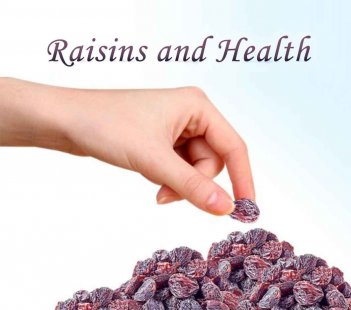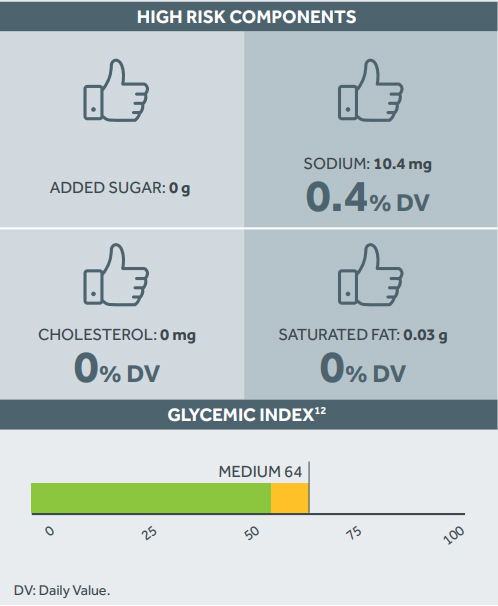
Dried fruits provide a concentrated form of fresh fruits due to their low moisture content. Raisins (Vitis vinifera L.) are obtained by dehydrating grapes, usually with sun exposure or tunnel drying. Due to their nutrient-dense content, raisins have a high caloric value. However, because of their high concentration of naturally present sugars, fiber, vitamins and minerals, they have plenty of “healthy calories” as opposed to “empty calories”. For that reason, they are a good option for a healthy snack and to include in your dishes.
Sugar Content: Dried Fruit vs. Fresh Fruit
Raisins contain naturally occurring sugars, with fructose and glucose being the most common. The levels of sugar may differ according to drying methods, as well as regional and varietal factors. However, the most important observation is that one raisin contains about the same amount of nutrients as a fresh grape, but in a much smaller package.
Raisins and Health
Read more benefits of raisins here.
Tooth Decay
Traditionally, raisins have been thought to promote dental caries due to their “stickiness” and natural sugar content. However, scientific evidence suggests the contrary: Raisins may in fact promote oral health. Bioactive compounds found in raisins appear to have antimicrobial properties that inhibit the growth of bacteria that cause cavities and gum disease.
A 2013 study concluded that raisin consumption alone does not drop oral pH below the threshold that contributes to enamel dissolution, do not remain on the teeth longer than other foods, and contain a variety of antioxidants that inhibit Streptococcus Mutans, bacteria that is a primary cause of dental caries. However, further research in this area should be considered.
According to UK’s National Health Service, dried fruit should be eaten at mealtimes, not as a between-meal snack, to reduce the risk of tooth decay. This is a case of urban myth according to Jennette Higgs, Registered Public Health Nutritionist & Dietitian, and principal consultant for Food to Fit. A 2016 study concluded that there is a lack of scientific evidence to support restrictive advice for dried fruits intake on the basis of dental health parameters and further research is required. Advice on dried fruit consumption should also take account of their nutritional benefits, being a source of fiber, low in fat and containing useful levels of micronutrients.
Phytochemicals
Raisins are high in potassium, which contributes to the maintenance of normal blood pressure. They are also high in copper and a source of fiber.
In addition, raisins provide essential nutrients and bioactive compounds, such as antioxidants which may help to prevent oxidative stress (cell damage).
A 2016 study observed that raisins contain a considerable phytochemical content, phenolic compound levels and antioxidant capacities.
These findings confirmed the antioxidant potential and health-promoting properties. Oxidative damage results from an imbalance in free radicals and antioxidants. When oxidative damage is cumulative, it contributes to oxidative stress, which can further initiate or propagate aging and several diseases. Phenolic compounds, such as phenols, phenolic acids, flavonoids, tannins and anthocyanins, have received considerable attention for their high antioxidant activity.

Glycemic Index & Diabetes
Dried fruits show promising potential for blood glucose (sugar) management. Specifically in reducing glycemia -the presence of glucose in the blood-. A 2018 clinical trial conducted in subjects with and without diabetes showed dried fruits (including dates, apricots, raisins and sultanas) to have a low (≤55) to medium (56-69) glycemic index (GI) and to have beneficial effects on postprandial glucose and insulin levels.
Be interesting to read “The Effect of Pistachio, Dates, and Raisin on diabetes“.
This means that raisins should not cause major spikes in blood sugar or insulin levels after meals. Some studies have shown that raisins may help reduce glycemia and some cardiovascular risk factors, including blood pressure rate, although this needs to be confirmed by large, long-term clinical trials in the future







User comments